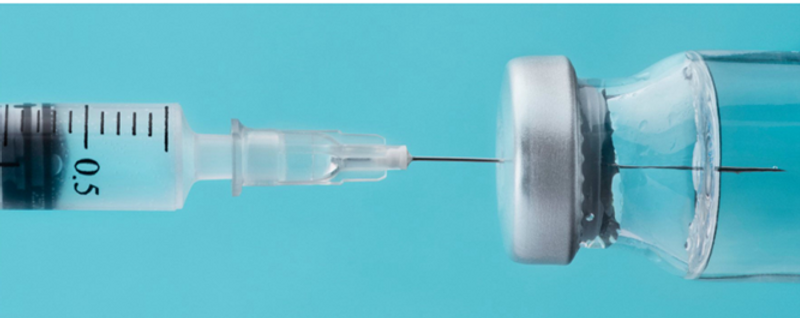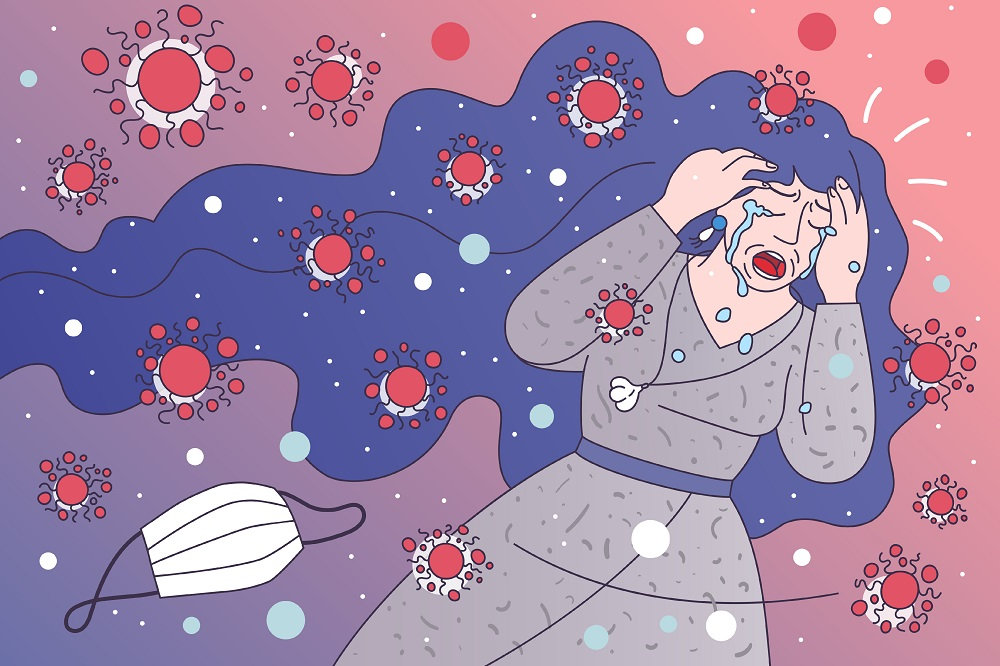A COVID-19 vaccine is necessary to boost the global effort to end the ongoing pandemic. A safe, effective and accessible vaccine for the disease will bring the world one step closer to defeating the SARS-CoV-2 virus. Vaccines work by imitating infections without causing disease. Once a vaccine is introduced to a human body, the immune system learns how to fight off certain pathogens by responding to them. Vaccines prevent dangerous diseases, lessen the severity of illnesses and save lives. Also, all of the vaccines currently available are safe and effective. Most people know what vaccines do, but it is also good to know how they interact with the immune system.
When vaccines are administered to people, their immune systems respond. The immune system works to combat pathogens and other foreign invaders that enter the body. The body has three kinds of white blood cells, all part of the immune system, that interact with vaccines: macrophages, B-lymphocytes and T-lymphocytes. Macrophages ingest and digest pathogens and leave behind antigens, which are parts of pathogens. B-lymphocytes produce antibodies that attack the antigens that the macrophages leave behind. T-lymphocytes attack infected cells. Some T-lymphocytes become memory T-lymphocytes, and they, along with some B-lymphocytes, remember how to fight the pathogens they encounter. When a vaccine is injected, a dead pathogen, a weakened pathogen or fragments of a pathogen travel from the muscle to the bloodstream, and the immune system creates T-lymphocytes and antibodies from B-lymphocytes to eliminate them. Once they do, some of those lymphocytes remember the pathogen and how to respond to it. So the next time the pathogen enters the body, the immune system will know how to fight it, creating a degree of immunity against the pathogen.
All in all, vaccines allow the immune system to learn how to fight off certain viruses and bacteria without having to battle the full-blown pathogens. Vaccines may cause mild side effects, such as fevers, but almost never cause major illness in those with healthy immune systems. Once again, vaccines save lives. They dont only help those who get them, but they also protect those who cannot like the immunocompromised. When people with healthy immune systems receive vaccinations, they lower their chances of getting sick from certain diseases and of spreading these diseases, which helps protect those who cannot receive protection through vaccines. Basically, the more people vaccinated, the safer everyone is, and although there is currently no available COVID-19 vaccine, there are available vaccines for other dangerous diseases such as measles and tuberculosis. Thus, it is pertinent that people stay up to date with their vaccinations since they protect individuals and, ultimately, communities.
Works Cited:
Centers for Disease Control and Prevention. (2018). Understanding How Vaccines Work [PDF]. https://www.cdc.gov/vaccines/hcp/conversations/downloads/vacsafe-understand-color-office.pdf
Zuckerman, J. (2000, November 18). The importance of injecting vaccines into muscle. PubMed Central (PMC). https://www.ncbi.nlm.nih.gov/pmc/articles/PMC1118997/#:~:text=Most%20vaccines%20should%20be%20given,importance%20of%20administering%20vaccines%20correctly
 Akwele Lokko, Alumni at AAHS
Akwele Lokko, Alumni at AAHS 
 Open Letter Submission
Open Letter Submission